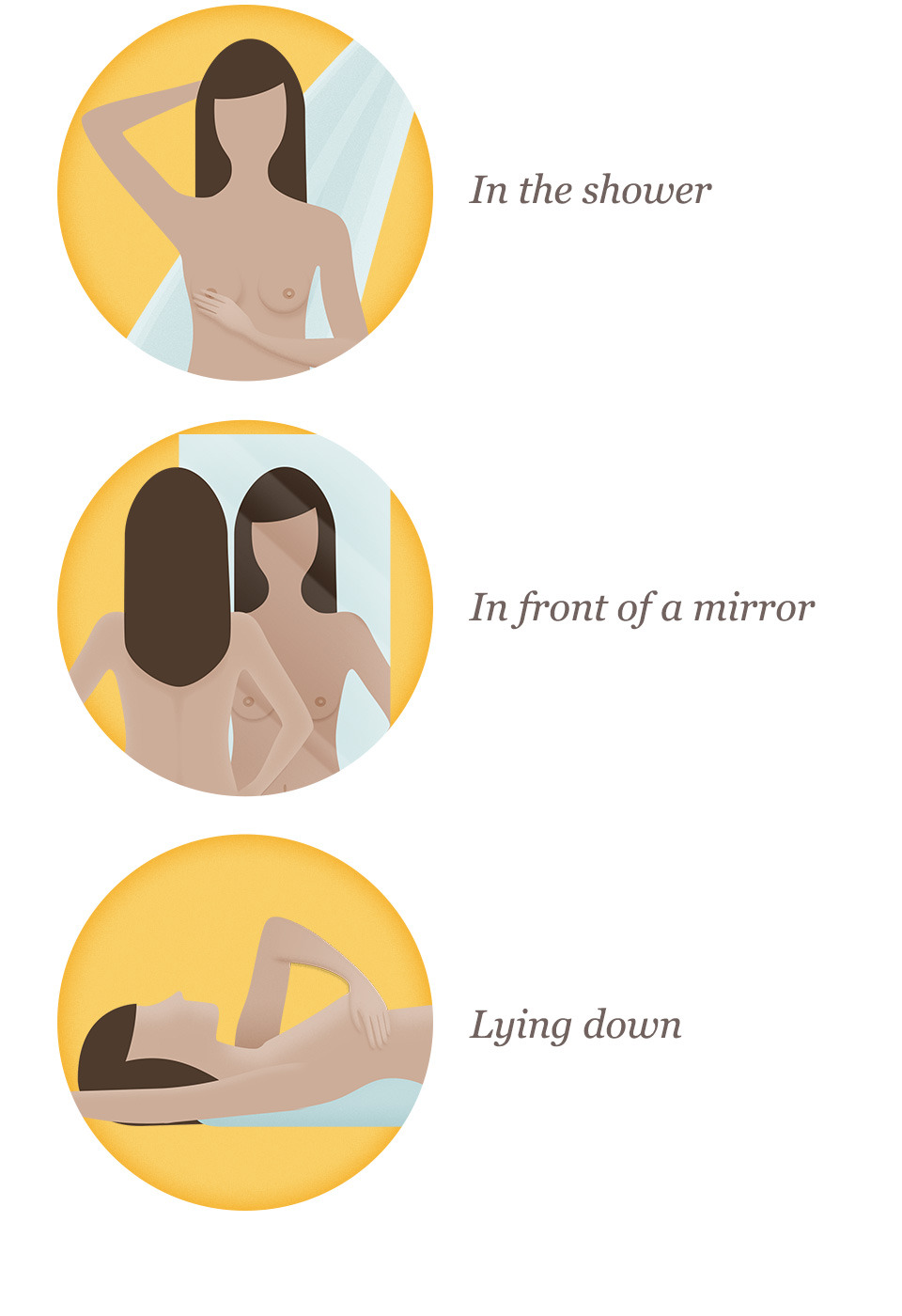
Breast Cancer: Questions you may find yourself asking
October is National Breast Cancer Awareness month. You might be wondering: is this something I should really be worried about? The answer is yes. Not because it will for sure happen to you, but because it happens to women every day. And the best thing you can do is be aware.
What are the chances it will happen to me?
One in eight U.S. women will be diagnosed with breast cancer in her lifetime. Women with a first degree relative (mom, sister, and daughter) with breast cancer are twice as likely to be diagnosed with breast cancer. But only 15% of women who are diagnosed have a relative with the disease. So don’t assume you’re golden if you don’t have a relative with breast cancer. And don’t assume you’re doomed if you do.
(http://www.breastcancer.org/symptoms/understand_bc/statistics)
What can I do to protect myself?
The most important thing a woman can do is to perform self-screenings. At least once a month, check your breasts for unusual lumps and textures. If you notice anything suspicious or irregular, consult your doctor right away.
How do I examine my own breasts?
There are several ways you perform self-examinations. It’s important to look and feel for lumps and funky textures that don’t seem familiar or normal. Look at your breasts in a mirror. Lift your arms. Check for abnormal lumps. Does everything look normal? Now feel. You can do this lying on your back or standing up, feel around your breasts. Top, middle, sides and even close to your armpits. Anything out of the ordinary should be reported to your doctor. This is basically the way most doctors check as well. Any lumps are noted and they will decide whether or not you need further tests.
(http://www.nationalbreastcancer.org/breast-self-exam)
Don’t panic.
Just because you feel something weird, doesn’t necessarily mean you have breast cancer. Wait to hear what your doctor has to say. Keep in mind that eight out of ten lumps are not cancerous.
Know your worth, ladies. Look out for your body, it’s the only one you have. For more information on breast cancer and screenings, visit www.BreastCancer.org and www.NationalBreastCancer.org.


